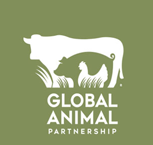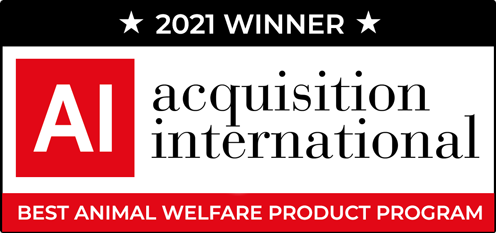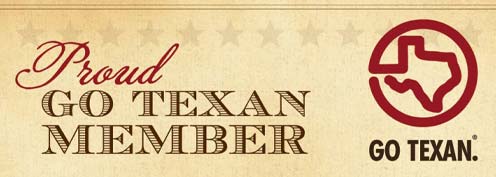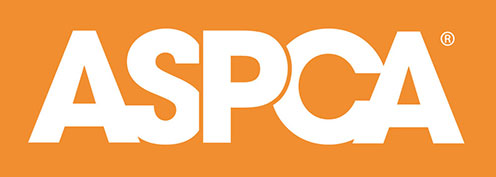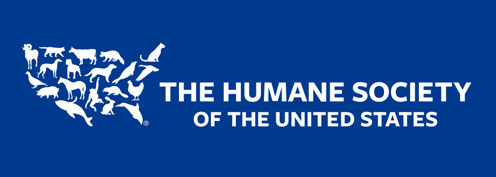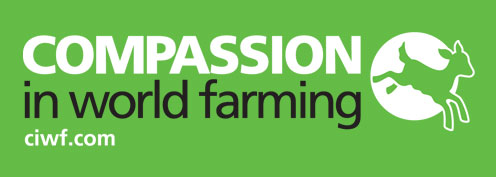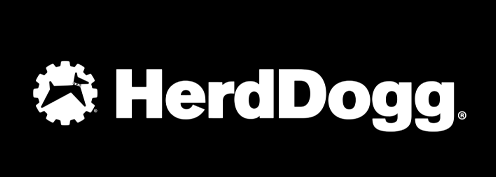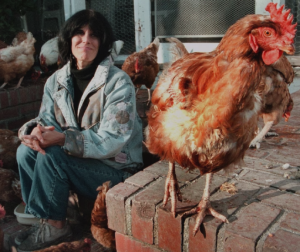
Global Animal Partnership (G.A.P.) prides itself on being at the forefront of animal welfare, and we are excited to announce that we’re creating a farmed salmon welfare standard! With this exciting new change, we have hired a new Aquaculture Specialist to the G.A.P. team – Shannon Davis. Shannon has a degree in Marine Policy and has experience working with stakeholders at every step of the seafood supply chain. She is eager to jump into the world of salmon welfare and bring her seafood industry expertise to the position.
What is “aquaculture”?
Aquaculture, or the practice of farming aquatic species, may seem like an ultra-modern farming method, but it’s actually been around for thousands of years. Ancient civilizations around the world cultivated everything from seaweed to eels to ensure a reliable (and delicious) source of protein. G.A.P. is creating aquaculture standards based in science and the most current research available to deliver a meaningful label claim that our partners and consumers can trust. We will be working closely with members of our Scientific Advisory Committee, industry experts, and industry contacts, as well as leveraging our own expertise in this exciting new venture.
Why does animal welfare matter in aquaculture?
A few key reasons:
- There are few (if any) laws that govern basic welfare for farmed fish.
- Better fish welfare leads to healthier fish and a higher quality product for consumers to buy and enjoy. For example, stressed-out salmon are more likely to become ill, fall prey to parasites, and require more intensive medical care. With better living conditions, farmed fish can thrive.
- Fish are sentient animals, meaning that they can feel pain and experience suffering. As such, they deserve to be healthy, productive, express their natural behaviors and be raised in a way that provides for their emotional well-being. As you probably remember, G.A.P.’s animal welfare standards are developed with the entire animal in mind. Read our blog about how we specifically define animal welfare here.

G.A.P. knows that better fish welfare means better tasting fish, and a healthier source of protein for anyone trying to incorporate more fish in their diet.
If you’d like to know more, or if your company is interested in working with us on this standard, please don’t hesitate to reach out to Shannon (sdavis@globalanimalpartnership.org) or your Farm Team contact. Stay tuned for more updates on when you can look for the G.A.P. label on salmon in a store or restaurant near you.
